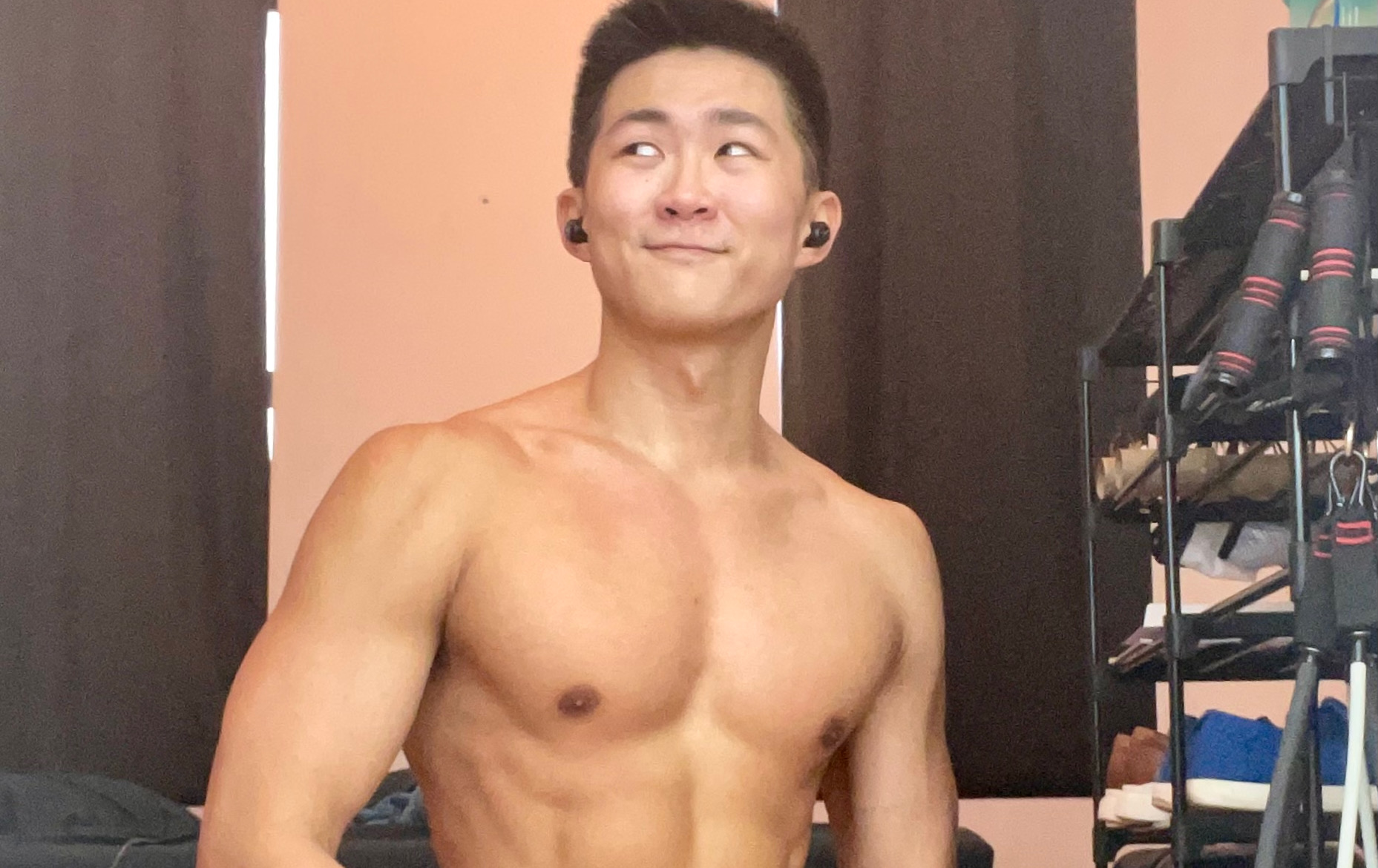As social media has made connecting with one another easier, those same posts and comments and tweets have made unfiltered unkindness just as easy.
A virtual barrier compels people to behave as if their actions and words are without consequence. And there usually aren’t; unless the comments that are made were directly intended to be racist or discriminatory, there isn’t much social media platforms can do.
Calling COVID-19 the “China Virus”? That’s OK on social, because word-for-word, the phrase contains no direct implications of hate speech, racism, or discrimination. Never mind that it has has fueled anti-Asian hate crimes and discrimination towards Asians in the last year.
Speaking from my own personal experiences as an actor of color in porn (and already we’re subjected to way more personal comments than actors in other industries), whenever I am faced with racism, I like to take the opportunity to educate that person on why what they are saying is inappropriate. (When I see an opportunity, I have to take it!) One common question that always comes up is, “Where are you from?”
Inside the GayVN Awards With Trophy Boy Ray Dexter
Of course, when they direct that question at me, what they’re really asking is, “What’s your ethnicity?”
The answer is the U.S., because I was born and raised in the U.S. But that won’t satisfy the person asking, who usually follows up with, “But where are you really from?” Or maybe they’re a “Where are your parents from?” person. Or the very worst: “No, like, what are you?”
Asking where someone is from may seem harmless—and it happens to everyone—but for people of color, underneath that question are racially sensitive, harmful assumptions. In this case, I try to explain the difference between asking where someone is from and asking about one’s ethnicity.
In another instance, I had a fan assume I was from China because I told him that I am Chinese. When I told him that I wasn’t from China, he couldn’t believe it. Throughout the conversation, I tried to educate him on the matter, but it didn’t take. When I told him that I was offended and asked for an apology, he defended his words by saying that he wasn’t being racist, and English wasn’t his first language.
What he meant was that he didn’t intend to be racist. And I get it: Hearing that something you said is hurtful or racist can be a shock. But while you may be startled, just know that it’s all a learning process that involves letting go of your ego. The Internet and social media may allow people to be blatantly racist, but they also allow people like me the chance to educate and correct just as easily.
As porn actors, our job is to provide entertainment and satisfaction through sex. However, with sex can come a darker side to all the praise we receive: fetishisation. As an Asian porn actor, there is a lot of fetishisation, often without offensive intentions. Fetishisation may seem like a form of endearment, but it can degrade that person to nothing but a mere object.
There have been many instances where I have been fetishised and seen as nothing more than an Asian boy toy. In the past, I have gotten comments from fans saying things such as, “You are so beautiful for an Asian!” Why am I beautiful “for an Asian”? What is that supposed to mean?
Of course, the same applies to other performers of color, including Black porn actors who are seen only for their “BBC” (big black cock), completely disregarding them as human beings.
All of this can contribute to the continued existence of sexual stereotypes. People expect Black porn actors to be hung; they expect Asian porn actors to have small penises and to be more effeminate and submissive. When I got into the business, I made it a point to challenge those stereotypes. I’m Asian; I’m a top; I have a big dick. You’re welcome.
People oftentimes need a reminder that in addition to being sex workers, we are also human beings. Whether it be stereotyping or fetishising, these acts of racism need to stop if fans want us to stick around for the long run. Just think twice before you post a comment! Because a passing remark can be shrugged off, but social media has amplified all of them into a roar. And sometimes it drowns out all the good stuff.
The Gay Goods is dedicated to engaging with a range of opinions and viewpoints. To share yours, email [email protected].
Get real time update about this post category directly on your device, subscribe now.







1 comment
I absolutely agree with this 100%, when I heard people says things like that it sounds so insincere, condescending, and very patronizing, it almost has the same energy as someone saying “You’re funny for a woman”